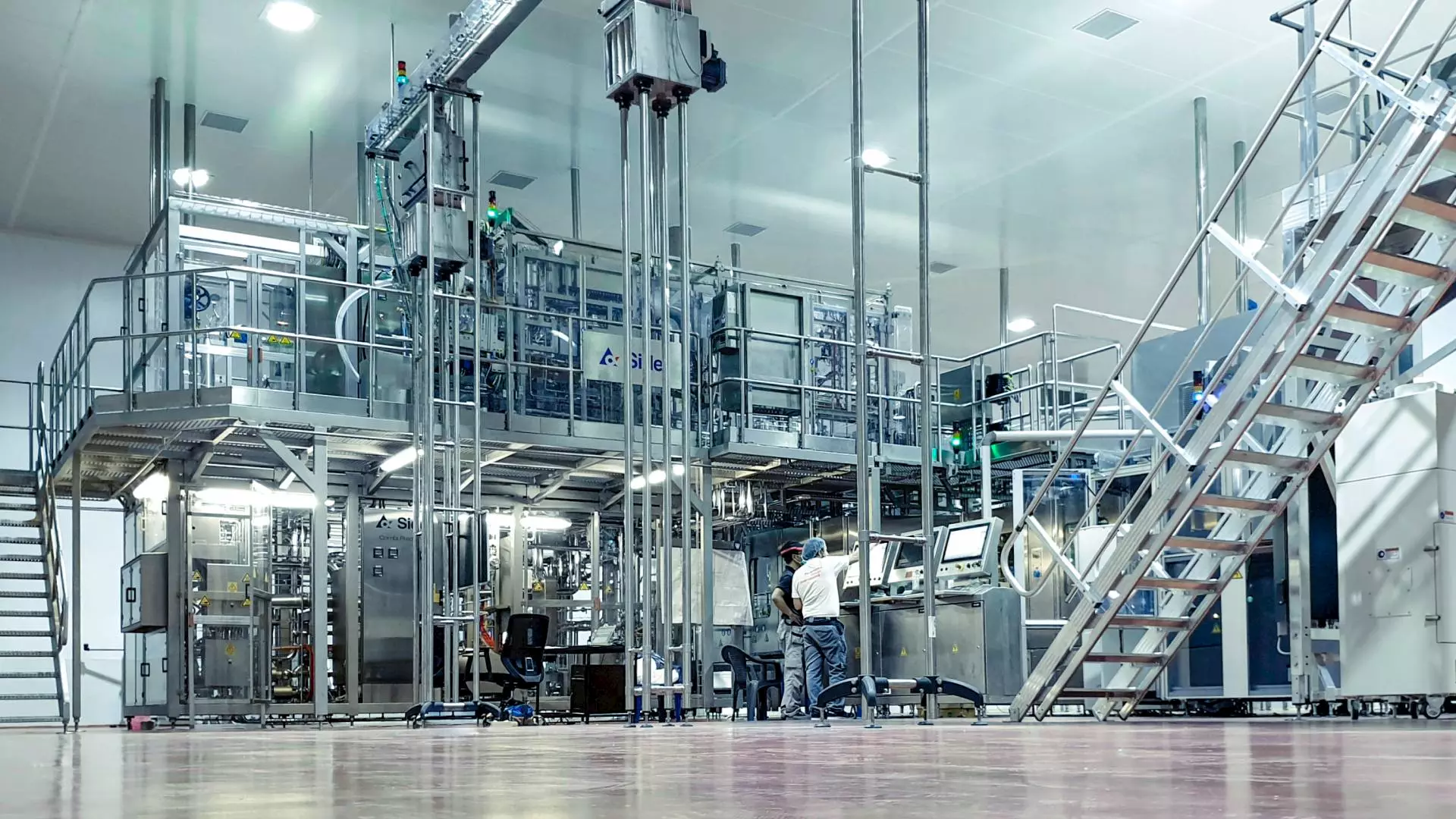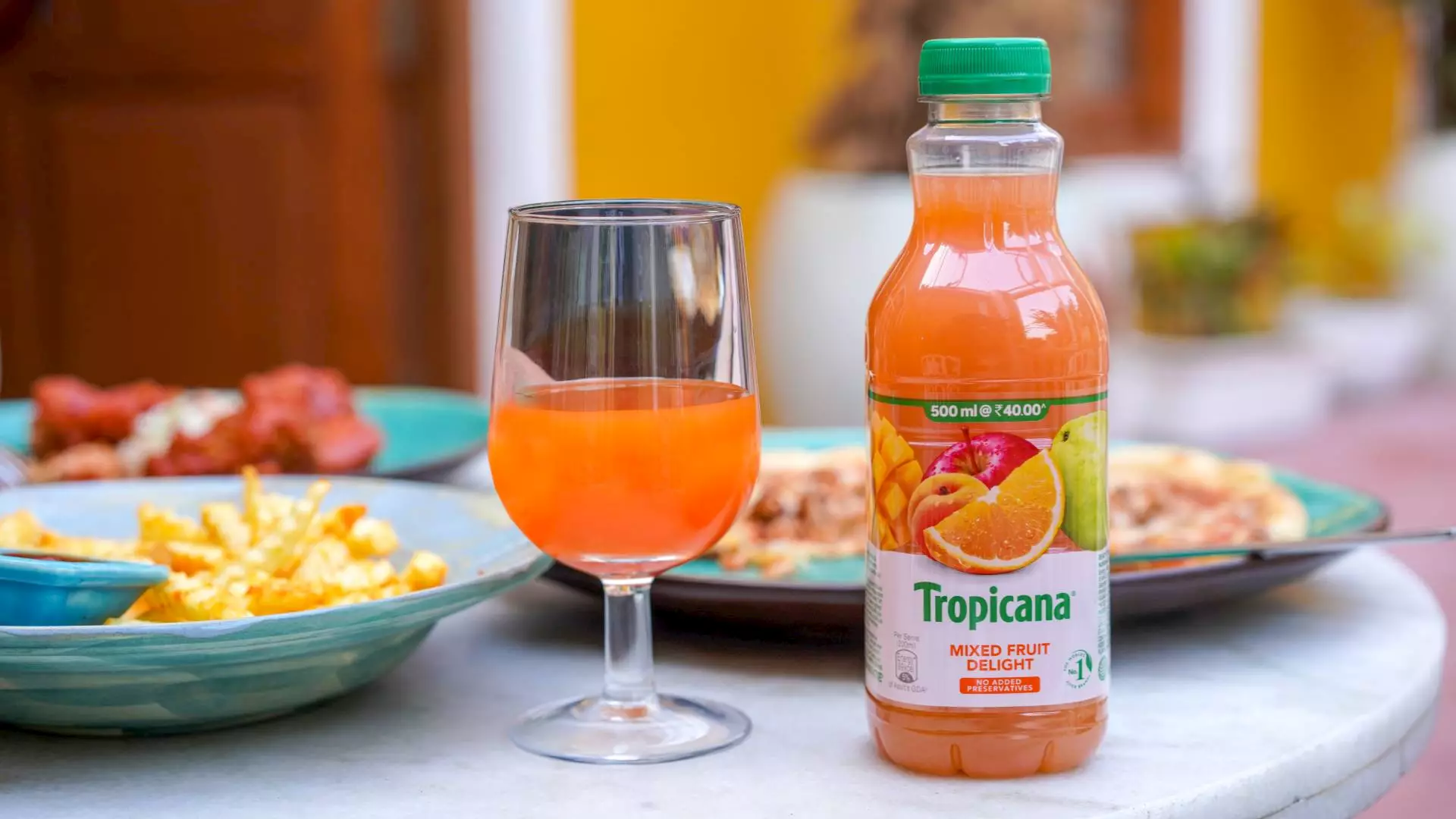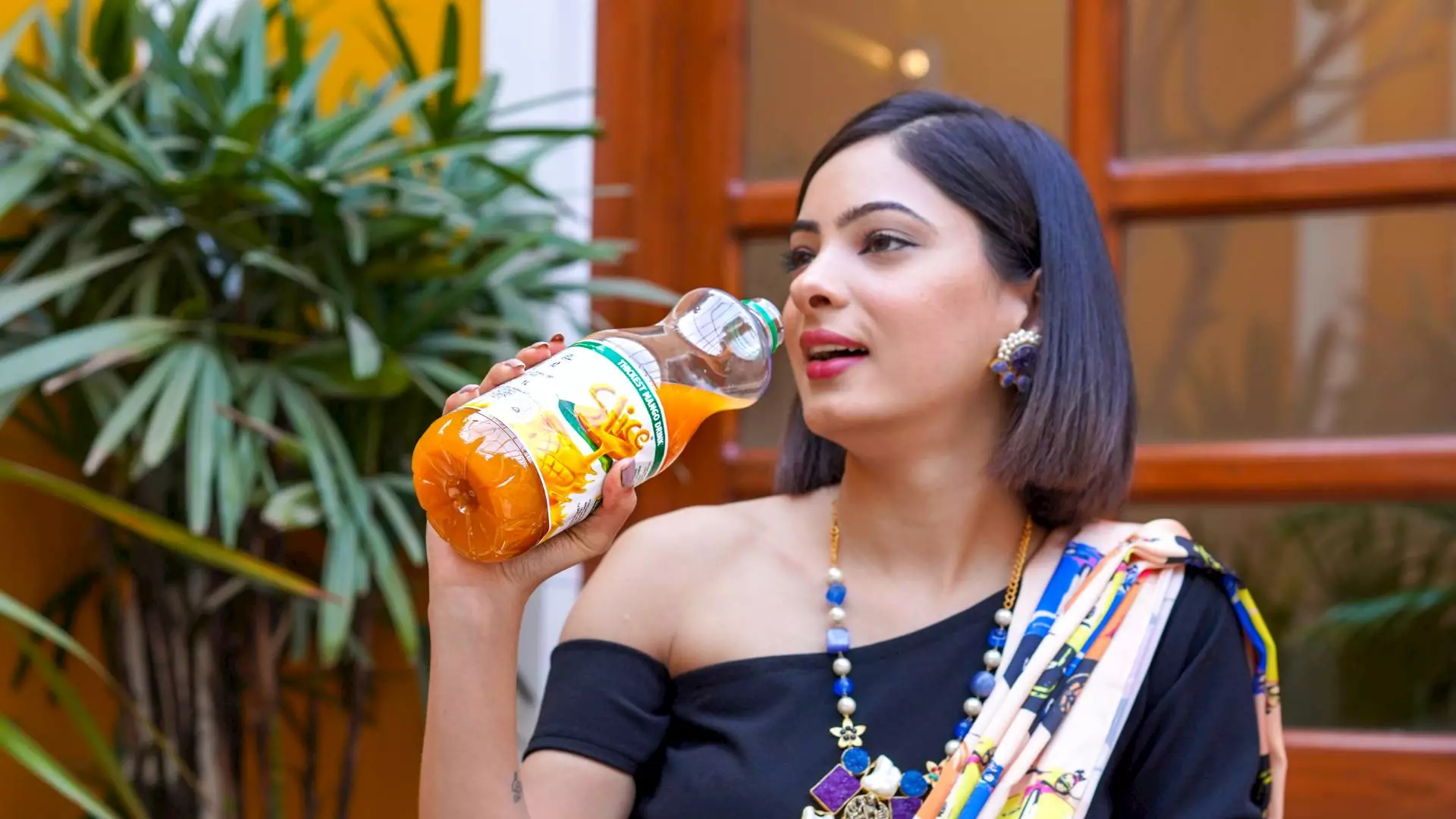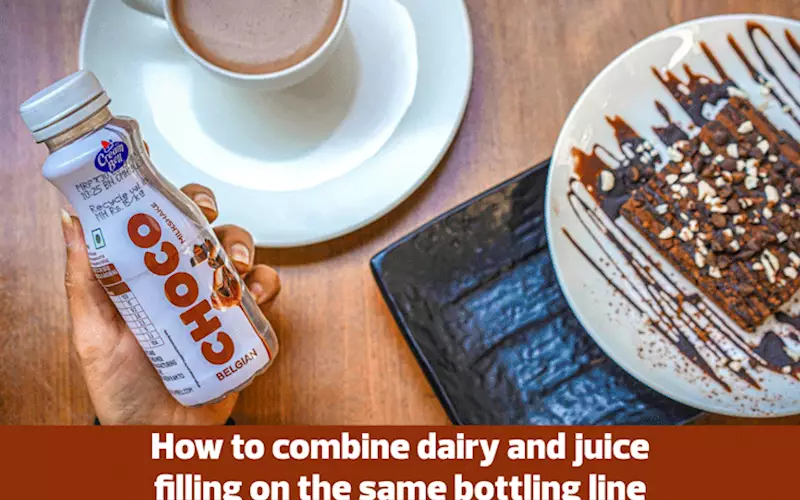How to combine dairy and juice filling on the same bottling line
Varun Beverages – part of one of the largest franchises for PepsiCo globally, RJ Corp group – has invested in Sidel’s Aseptic Combi Predis at its newly-established plant in Punjab.
WhatPackaging? finds out how the packaging line is set to expand the company’s bottling capacity and provide production flexibility for the private label milk brand Cream Bell and the Pepsi Tropicana juice range.
03 Apr 2021 | By WhatPackaging? Team
Brand brief
Since the early nineties, RJ Corp has made itself a multinational powerhouse with its beverages, fast food restaurants, retail, ice creams, dairy products, healthcare and education businesses.
With 36 plants in the Indian subcontinent and in Africa, its operating company in the beverage sector Varun Beverages has become one of the largest bottling partners for PepsiCo in the world. The company specialises in the production of carbonated soft drinks, water and hot-fill juices as well as liquid dairy products (LDP).
Production flexibility
With Indian consumers looking for more nutritional beverages, the market has been shifting towards “better-for-you drinks”. According to a Mintel report, for nearly half of the Indian population, living a healthier life is going to be a top goal over the next three years. And beverages have an opportunity to play a larger role in consumers’ daily food intake by contributing to a balanced diet with nutrient-rich offerings.
Thus, to remain competitive in light of this trend, RJ Corp decided to diversify its portfolio and put more emphasis on its juices with pulp and ultra-high temperature (UHT) LDP, thus gaining more production flexibility to switch product categories easily.
“Managing both juices and dairy products on the same PET packaging line was essential for us, and we could only make it happen using aseptic packaging,” says RJS Bagga, director - technical and operations, RJ Corp.

This new line is set to enable RJ Corp to manage production without any stoppages for up to 200 hours
In addition to production flexibility, as PepsiCo’s global brand image demands an extremely high level of food safety and hygiene standards, it was essential for the company to satisfy all the quality and safety protocols and pass internal and external validations.
RJ Corp found out that Sidel’s Aseptic Combi Predis including dry preform sterilisation ticked all the boxes. And before finalising the same, the company paid a visit to a French co-packer that has used Sidel’s Aseptic Combi Predis technology to handle both juices and milk for more than 10 years. Post the visit, RJ Corp was convinced about the safety and easy-to-operate aspects of the machine.
200 hours of continuous production
The investment in Sidel’s Aseptic Combi Predis marks two major achievements for RJ Corp in India. Not only was this the company’s first step towards aseptic PET bottling, but also its first experience with dry preform sterilisation.

Sidel’s Predis technology helps the processing and bottling of high-acid products such as Tropicana juices
With the injection of hydrogen peroxide before the oven, Sidel’s Predis technology requires no water consumption and can reduce the use of chemicals significantly. This feature is said to be essential for the processing and bottling of PepsiCo’s high-acid products such as the Tropicana juices. The Aseptic Combi Predis also features similar dry sterilisation for caps, Capdis, as it is important to optimise the cleaning process and the handling of the caps themselves to avoid deformation and ensure tightness between the cap and the bottle.
Rohit Sawhney, sales director for Sidel India, said: “RJ Corp chose us because of our long-standing expertise in PET and aseptic technologies. This new line enables the company to manage production without any stoppages for cleaning and keeping the line running steadily without any compromise on product quality for up to 200 hours. Moreover, the equipment is easy to manage, and the operators find its functions intuitive and easily accessible.”
Efficient aseptic PET packaging line
In addition to the Aseptic Combi Predis, the complete line at RJ Corp in Punjab is equipped with a flexible end-of-line. It features a seamless shrink-wrapper VersaFilm Access and also includes an automatic PalKombi layer-by-layer palletiser powered with a steady low-level pallet in-feed, which allows easy access and control.
To understand its line operations and maximise overall equipment effectiveness, RJ Corp has also invested in Sidel’s Efficiency Improvement Tool (EIT). This modular and scalable software provides performance indicators, reports and analysis based on live and historical data. This helps the operator to better understand the line flow, uncover sources of efficiency loss, and achieve in-depth performance evaluation. It also monitors quality, losses, consumption, accumulation and traceability, and interfaces with inspection devices and business systems.
To make the most of this line, specific training was provided to enable all RJ Corp technicians to get the right understanding of aseptic PET packaging, including the Hazard Analysis Critical Control Point system. This helped avoid any risk of contamination or detect the root causes efficiently in case it happens.

Since its implementation and validation, the line has been working successfully with an output of up to 36,000 bottles per hour. Overall, the set-up expands production capabilities in terms of volume as well as a higher number of SKUs.
Packaging performance across the supply chain
Traditionally, in India, milk is packaged in pouches, glass bottles or cartons. By choosing Sidel’s aseptic PET packaging technology, RJ Corp has widened its packaging options for its LDP products to explore new market possibilities.
Sidel helped RJ Corp design this new PET bottle range, enabling the same shapes and caps to be used for both Cream Bell UHT milk and the Tropicana juices. The cap size for all bottle formats is 33 mm, which is a common width for LDP, but quite uncommon for juices. As a result, Sidel’s packaging experts developed and designed an iconic bottle shape in three formats – 200ml, 500ml and 1l.
All bottle shapes and formats have been qualified internally, claimed RJ Corp. They were submitted to Finite Element Analysis and on-site validations prior to industrial production in order to ensure the bottles’ strength and performance across the supply chain. Additionally, Sidel also designed specific preforms to reach optimised bottle weight in order to withstand the dry preform sterilisation technology and avoid any thermal stresses on the bottle.
Produced in white mono-layer barrier PET, the new packaging ensures a shelf life of up to nine months for UHT milk. All transparent Tropicana juice bottles passed the demanding PepsiCo validation protocols as well.
Taking Sidel’s complete aseptic packaging experience in Punjab into account, Varun Beverages, again chose the company for the exact same scope of supply for a different plant, located in Central-Eastern India.
Sidel’s Aseptic Combi Predis technology
This technology allows beverage producers to switch easily and safely between four UHT milk flavours – white UHT milk, coffee, chocolate and mango – and various kinds of juice recipes. For instance, the Orange Delight and 100% Orange Juice with Pulp, Mixed Fruit Delight and 100% Mixed Fruit Juice, Guava, Apple Delight, 100% Apple Juice, and Lychee Delight on the same line.
According to Sidel, this technology was a major turning point for the companies in India, which were previously producing juices in PET bottles with the hot-fill processes and milk in cartons.











 See All
See All